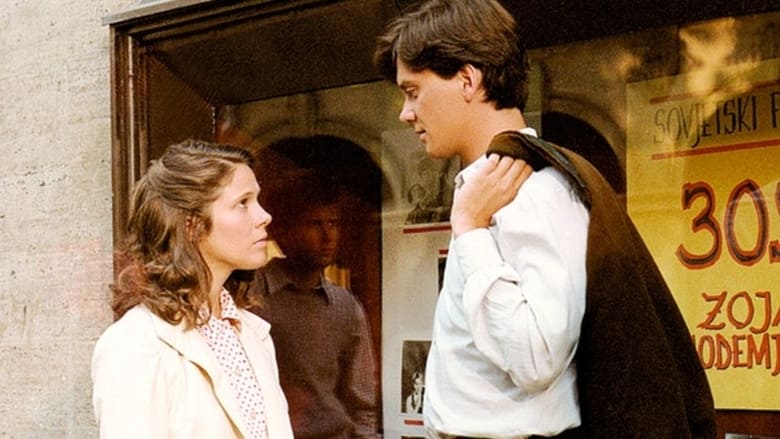O la matou tifaga ma faletusi vitio e faʻatoa mafai ona tafe pe download e tagata naʻo tagata
Faʻaauau ona matamata mo saoloto ➞E laʻititi ifo nai lo le 1 minute e saini ai i luga ona mafai ai lea ona e fiafia faʻatasi i ata tifaga & televise.

Kavarna Astoria (1989)
The city of Maribor before the Second World War, and Maribor after its liberation mark the period in which the film Cafe Astoria is set. The story relates with a gentle melancholy and a slight irony the lives of a middle-class family: the cafe owner, his wife and their son. Through their individual destinies we become acquainted with the social and historical background of a by-gone era; the social and national differences of pre-war Maribor, divisions among the wealthy and poor, and nationally minded Slovenes and fanatic Germanophils. The first year after the war introduced the absurd characteristic cruel measures of the so-called revolutionary social transformations in which calamity and coincidence intervene, resulting in events of comic nature, of course, as seen from a safe distance of fifty years.
Ituaiga: Drama
Faʻafiafia: Janez Hočevar, Lidija Kozlovič, Branko Šturbej, Igor Jalušič, Nataša Tič Ralijan, Ludvik Bagari
Auvaa: Jože Pogačnik (Director), Ratko Ristić (Set Decoration), Milena Kumar (Costume Design), Niko Matul (Production Design), Stanko Kostanjevec (Editor), Janez Verovšek (Director of Photography)
Subtitle:
![]()
![]()
![]()
![]()
![]()
![]()
![]() ETC.
ETC.
Faʻamalolo: May 25, 1989
Lauiloa: 0.357
Gagana: Slovenščina
Potu potu: Viba film
Atunuʻu: Yugoslavia

